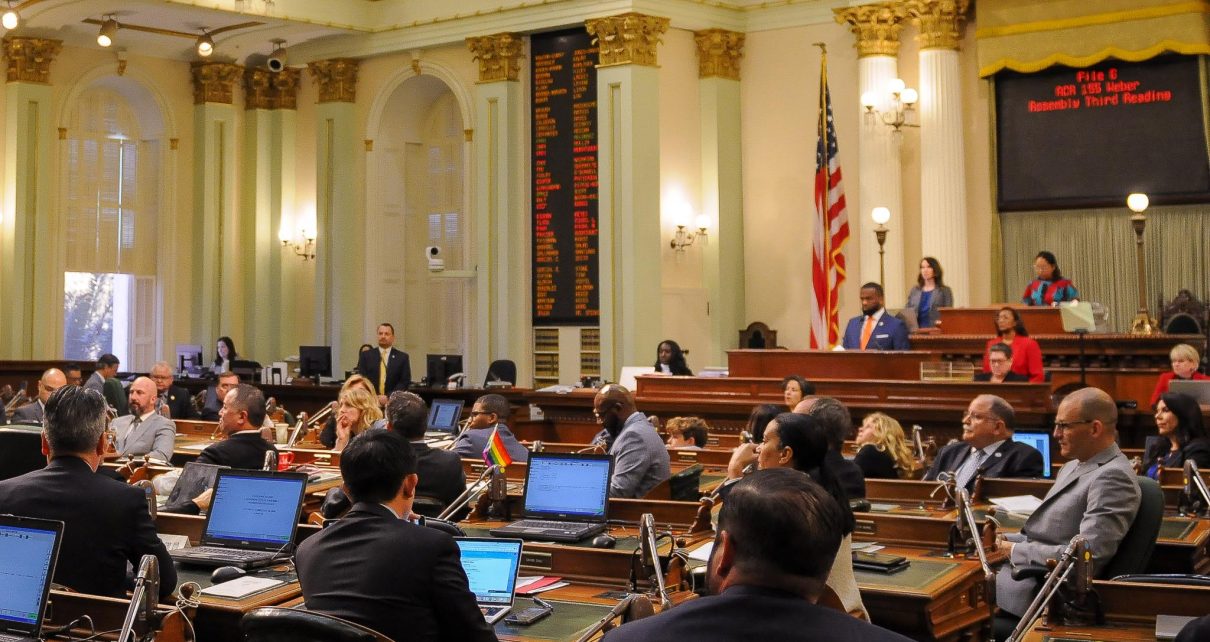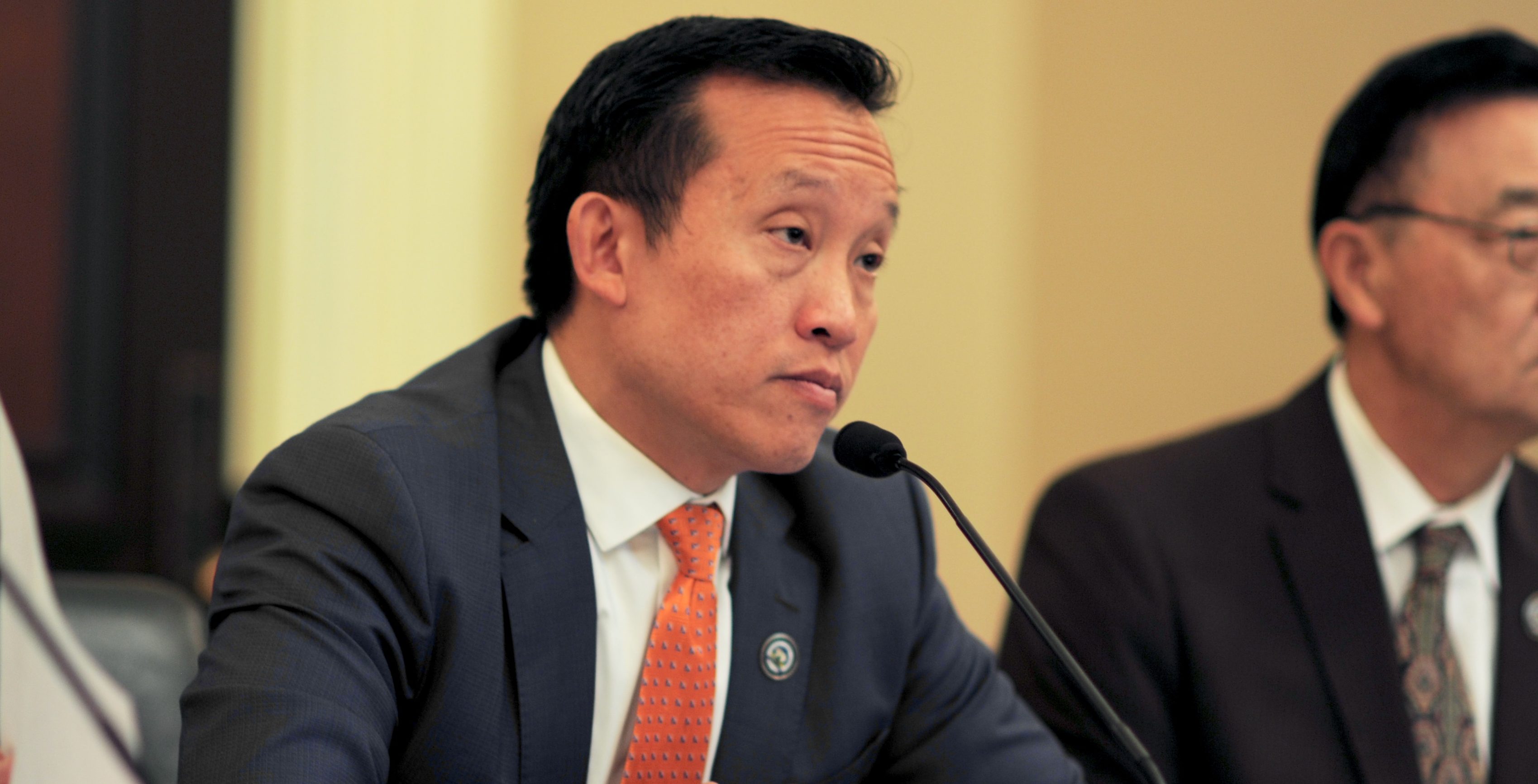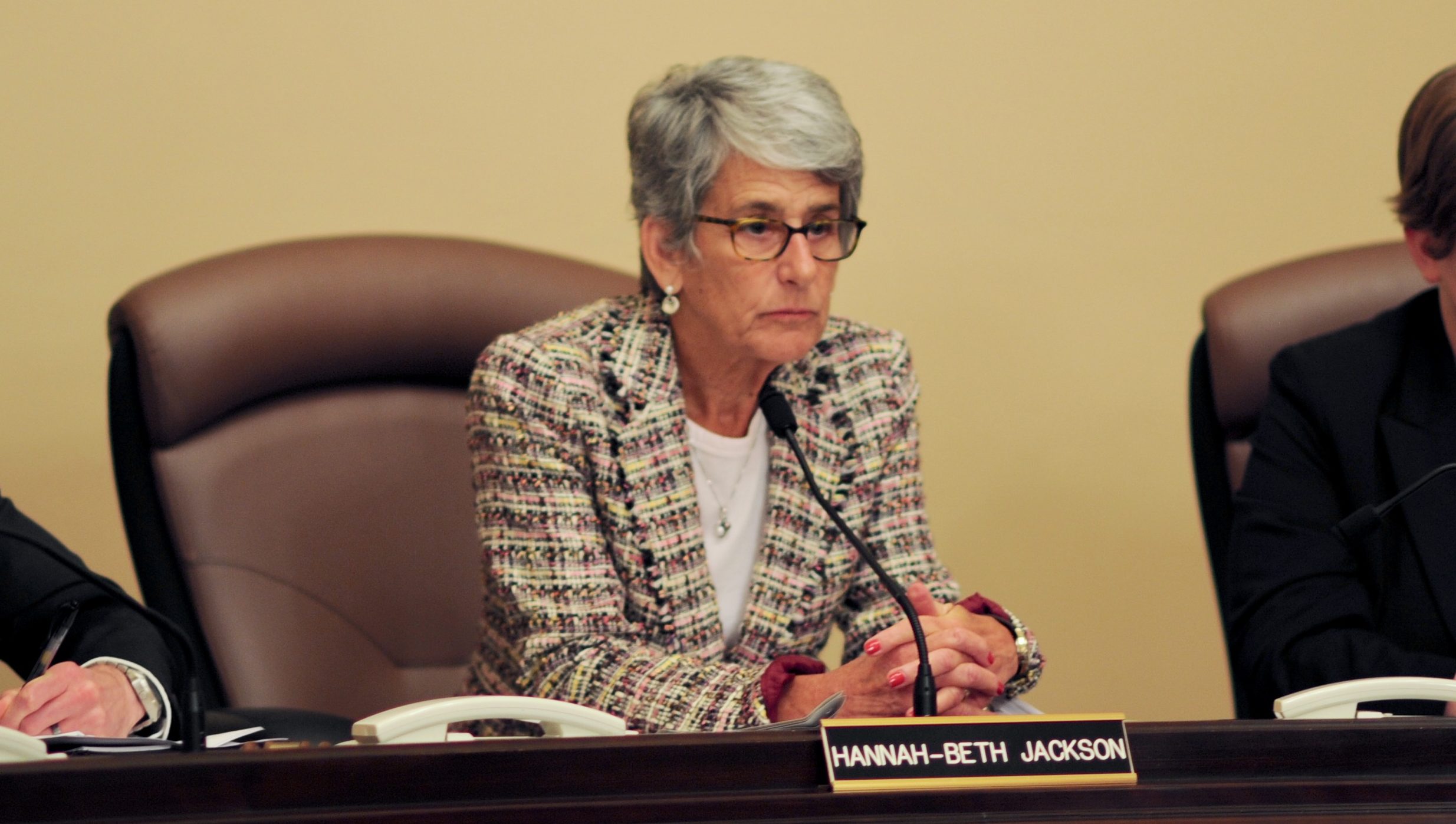
California State Assembly. (Photo: Kevin Sanders for California Globe)
AB 71 Amended to add Tax Increases to Fund ‘Bring California Home Act’
‘The last thing Californians need is a multibillion-dollar tax increase that will lead to more job losses and higher costs’
By Chris Micheli, January 13, 2021 3:53 pm
Assembly Bill 71 was amended on January 12 to replace its intent language with dozens of pages of substantive amendments, including several major tax increase proposals. This article only examines the tax provisions of AB 71. The bill is jointly authored by Assembly Members Luz Rivas, Richard Bloom, David Chiu, and Buffy Wicks. AB 71 will require a 2/3 vote for passage in both houses of the Legislature.
Including Global Income
AB 71, for taxable years beginning on or after January 1, 2022, would include a taxpayer’s global low-taxed income in their gross income for purposes of the Personal Income Tax Law, in modified conformity with federal law. Section One of the bill would add Section 17087.7 to the Revenue and Taxation Code.
Section 17087.7 would be added to provide that, after 1/1/22, Section 951A of the Internal Revenue Code, relating to Global intangible low-taxed income, as enacted by the federal Tax Cuts and Jobs Act of 2017 (Public Law 115–97), would apply with specified exceptions dealing with taxpayers that are not C corporations. A taxpayer who is affected by this new section may submit a petition to the Franchise Tax Board for alternative apportionment. It would exempt any regulatory actions taken by the FTB from the state’s APA process.
Increasing Tax Rates
AB 71, for taxable years beginning on or after January 1, 2022, and with respect to taxpayers with taxable income under the Corporation Tax Law greater than $5 million for the taxable year, would increase the tax rates from 8.84% to 9.6% (for corporations) or 10.84% to 11.6% (for financial institutions), unless the $800 minimum franchise tax is greater. Section Two of the bill would amend Section 23151 of the Revenue and Taxation Code.
Section 23151(f)(2) would be amended to apply the current corporate tax rate of 8.84% through December 31, 2021. Section 23151(g)(1) would be added to provide that, after 1/1/22, the tax measured by net income would be computed in the following manner:
- If the taxpayer has taxable income greater than five million dollars for the taxable year, 9.6 percent.
- If the taxpayer has taxable income less than or equal to five million dollars for the taxable year, 8.84 percent.
- Note that financial institutions are taxed at 2% above the corporate rate.
Limiting Water’s-Edge Election
AB 71 would require that a taxpayer that makes a water’s-edge election take into account 50% of the global low-taxed income and 40% of the repatriation income of its affiliated corporations. The bill would allow a taxpayer, for calendar year 2022 only, the opportunity to revoke a water’s-edge election. The bill would prohibit the total of all business credits, with certain exceptions, from reducing the additional tax liability added by this bill’s provisions by more than $5 million. Section Three of the bill would add Section 25110.1 to the Revenue and Taxation Code.
Section 25110.1 would be added to require a taxpayer that makes a water’s-edge election to take into account 50 percent of the global intangible low-taxed income, but not the apportionment factors, of its affiliated corporations. In addition, a taxpayer that makes a water’s-edge election must take into account 40 percent of the repatriation income, but not the apportionment factors, of its affiliated corporations. Also, any taxpayer that includes repatriation income may choose to apportion 14 percent of that income to California or use the apportionment factor otherwise calculated for the combined group for that taxable year. Any taxpayer that includes repatriated income would be entitled to a credit for any taxes already paid on the repatriated income.
In addition, the total of all business credits otherwise allowable cannot reduce the additional tax liability added by AB 71 by more than $5 million. It would exempt any regulatory actions taken by the FTB from the state’s APA process. It would define “affiliated corporation” to be a member of a commonly controlled group; “business credit” to be all credits, except for 10 specified ones used by personal income taxpayers; “global intangible low-taxed income” to be the IRC Section 951A definition; and, “repatriation income” to be the IRC Section 965(a) definition.
Proponents’ Statements
According to the bill’s author, “AB 71 will generate $2.4 billion annually by closing corporate tax loopholes and restoring historic corporate tax rates to their 1980s level on corporations with $5 million or more in profits. This ongoing funding source gives local governments desperately needed resources to implement programs and action plans that combat homelessness, while ensuring transparency and strong accountability that holds local governments accountable to ensure every dollar is used effectively.”
AB 71 is sponsored by the Bring California Home Coalition including Mayors Eric Garcetti, Libby Schaaf, and Darrell Steinberg; Housing California, Corporation of Supportive Housing, All Home, Brilliant Corners, Episcopal Community Services – San Francisco, HOPICS, John Burton Advocates for Youth, National Alliance to End Homelessness, Non-Profit Housing Association of Northern California, Steinberg Institute, United Way of Greater Los Angeles, etc.
Opponents’ Statements
In response, the California Taxpayers Association said: “Californians and their employers are struggling to survive the pandemic, and the last thing they need is a multibillion-dollar tax increase that will lead to more job losses and higher costs for consumers. The Legislature should focus on helping people get back to work, and the best way government can help right now is by solving the problems that plague the unemployment insurance system, not passing tax hikes that add obstacles to economic recovery.
“The proponents of this tax increase say AB 71 would not impact business decisions to leave California. That couldn’t be further from the truth. While Oracle, Hewlett-Packard Enterprise, and Tesla made headlines with their decisions to leave, the untold story is how many other businesses also moved departments and functions out of this state because of California’s high cost of doing business, which AB 71 would only make worse.”
AB 71 is expected to have its first policy committee in late February or early March.
- Corporate Securities Law of 1968 - February 8, 2026
- Deposit of Unclaimed Property in California - February 8, 2026
- Is There a Funding Requirement for Prop. 36? - February 7, 2026





Traveling to Phoenix and Reno, it’s shocking to see just how many former CA businesses have relocated. I had one Sacramento customer report that upon moving to Reno, they saved in taxes and fees enough to pay cash for a brand new expanded facility.
The moving trucks are firing up their engines…
California legislators are brain DEAD..
What does this mean to the average taxpayer? Can we please get an English translation?
It means the Liberals in charge of California have a major spending problem. Unable to print money and debt like the Feds, California spends, spends and spends. And for resources, they tax, tax, tax. They need to be forced to live within budget limits and not add new revenue sources without reducing others. The blood in the turnip is dry. Sorry. California will be a ghost town once hard working middle class wake up and exit this state.
Exactly!!
It means average taxpayer will be paying higher prices for services and stuff if the companies don’t end up moving out of CA. What person wants to absorb higher taxes? No one does, even when they stand up to the microphone and say they do for political purpose. So…what they do? They pass the tax bill down to their consumers to recover what they lost.